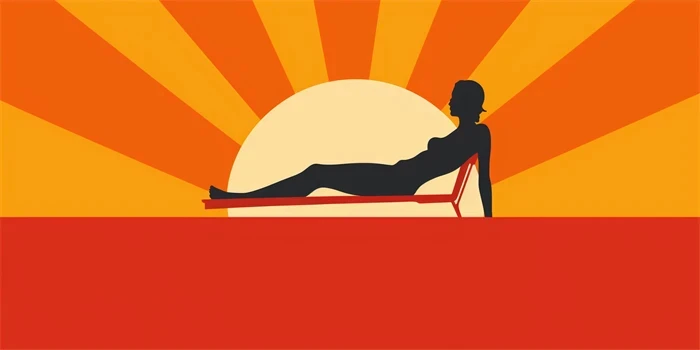YouTube has become a platform where individuals can showcase their creativity and share their content with the world. While the platform offers various opportunities for content creators to make money through ad revenue, sponsorship deals, and merchandise sales, one question that often arises is whether it is possible to make money on YouTube with copyrighted music. In this article, we will explore this topic from a third-person objective perspective, considering various aspects of copyright law, YouTube policies, and potential challenges content creators may face.

1. Understanding Copyright Law
Copyright law grants exclusive rights to the creators of an original work, including music, prohibiting others from using, reproducing, or distributing the work without permission. Using copyrighted music on YouTube without proper authorization from the copyright owner is a violation of these rights.
2. YouTube’s Copyright Policies
YouTube has implemented a Content ID system, which automatically scans uploaded videos for copyrighted material. If copyrighted music is detected, the system provides three possible outcomes: blocking the video, monetizing it for the copyright owner, or allowing it to remain on the platform without monetization.
3. Monetization Possibilities
While it is challenging to monetize videos containing copyrighted music due to the Content ID system, there are still some possibilities. Content creators can seek permission from the copyright owner to use their music, enter into licensing agreements, or use music from royalty-free sources.
4. Challenges for Content Creators
Many content creators face difficulties when using copyrighted music on YouTube. The three possible outcomes of the Content ID system mentioned earlier often result in demonetization or limited monetization opportunities for these videos.
5. Fair Use and Transformative Content
Under certain circumstances, the fair use doctrine may allow the use of copyrighted music without permission, such as for commentary, criticism, or parody. However, determining whether a particular use is considered fair use can be subjective and often requires legal expertise.
6. Risks and Legal Consequences
Content creators who use copyrighted music without permission face potential legal consequences, including copyright infringement claims and takedown notices from copyright owners. These actions can result in video removal, channel strikes, or even legal proceedings.
7. Alternatives to Copyrighted Music
Many content creators choose to use royalty-free music, which is music that can be legally used without paying royalties or obtaining permission. There are numerous platforms that offer a wide range of royalty-free music options for YouTube creators.
8. Building an Audience with Original Music
Creating and using original music in YouTube videos not only eliminates copyright issues but also provides content creators with the opportunity to build a unique brand and gain a dedicated fan base.
9. Collaboration with Musicians
Content creators can collaborate with musicians to create original music specifically for their videos. This allows for a mutually beneficial arrangement where both parties can gain exposure and potentially monetize the content together.
10. Utilizing the YouTube Audio Library
YouTube provides a vast library of free music and sound effects that can be used by content creators without copyright concerns. The YouTube Audio Library offers a variety of genres and styles to suit different video content.
11. Exploring Creative Commons Music
Creative Commons licenses allow musicians to share their work with specific usage permissions. Content creators can search for Creative Commons music that fits their video content and utilize it without infringing on copyright laws.
12. Understanding YouTube’s Policies and Guidelines
YouTube’s policies regarding copyrighted music are constantly evolving. Content creators must keep abreast of these changes to ensure compliance and minimize the risk of monetization issues or other penalties.
13. Seeking Legal Advice
If content creators are uncertain about the legality of using copyrighted music, it is advisable to consult a copyright lawyer who can provide accurate guidance based on individual circumstances and local copyright laws.
14. Diversifying Revenue Streams
Relying solely on ad revenue from YouTube may not be a sustainable income source. Content creators can explore additional revenue streams such as crowdfunding, merchandise sales, sponsored content, or affiliate marketing.
15. Building a Long-Term Strategy
Creating a long-term strategy that focuses on building a loyal audience, consistent content creation, and establishing partnerships with brands can help content creators generate income outside of YouTube’s ad revenue system.
In conclusion, making money on YouTube with copyrighted music poses significant challenges due to copyright law and YouTube’s policies. However, content creators can navigate these challenges by understanding copyright regulations, exploring alternative music options, and establishing a solid long-term strategy. By doing so, they can enhance their creative endeavors while minimizing the risk of copyright infringement.
References:
1. Copyright Basics, U.S. Copyright Office, https://www.copyright.gov/circs/circ01.pdf
2. YouTube Copyright Center, https://www.youtube.com/yt/about/copyright
3. YouTube Audio Library, https://www.youtube.com/audiolibrary/music
Author: [Author Name]
Image Credit: [Author Name]


